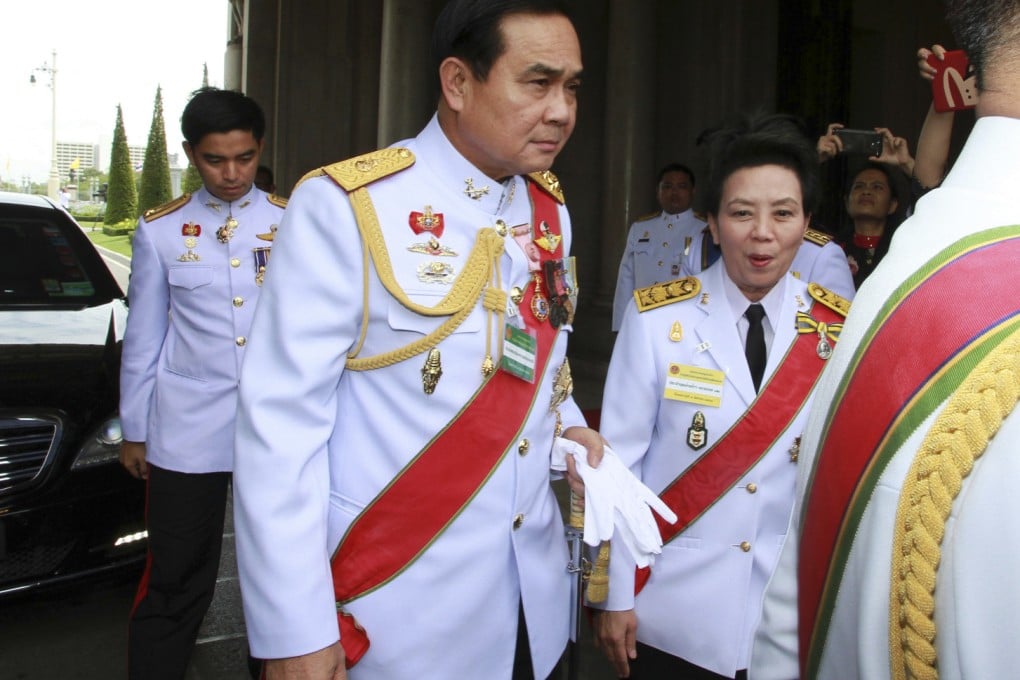Asean silence over Thai coup reflects regional needs and realities
Simon Tay says its stance is partly due to Thailand's political and economic role in the region

The recent military coup in Thailand that ousted the government of Yingluck Shinawatra has attracted concern and controversy. Very visibly, the US, the European Union and Australia have criticised the situation, called for elections to be held as soon as possible, and imposed measures to express their disapproval.
Others have, however, remained quieter on the issue, notably the Association of Southeast Asian Nations and China.
From the US, high-level criticism came from Secretary of State John Kerry and Defence Secretary Chuck Hagel. America suspended almost one-third of its military aid. This amounts to just US$3.5 million but is a significant signal, given that Thailand is a strategic non-Nato ally.
The Europeans suspended official visits to the country as well as the broad Partnership and Cooperation Agreement, while Australia downgraded diplomatic and military ties. Much of this is to be expected.
Western powers often champion their "values". This is despite the reality that the US has co-existed with and assisted non-democratic regimes and even dictatorships when felt necessary.
The reaction among Asean neighbours has generally been more understanding. Most regard the events as an internal matter and none have imposed sanctions.
